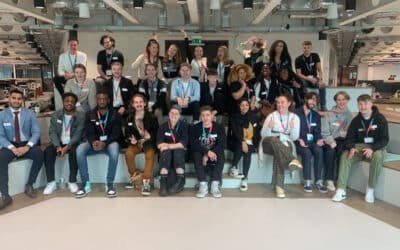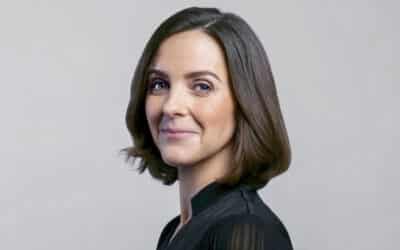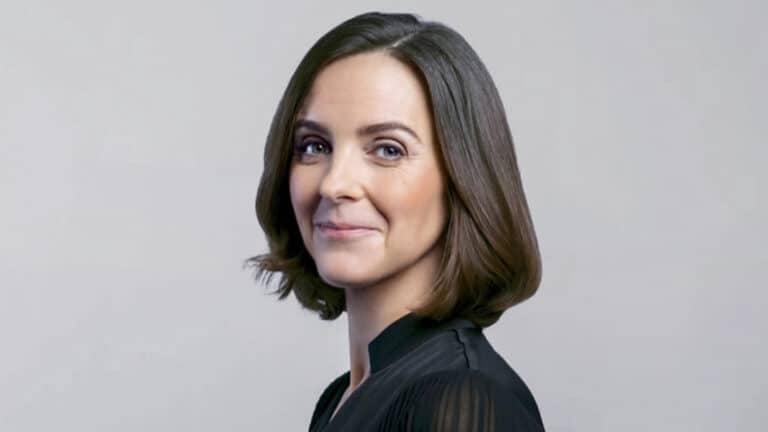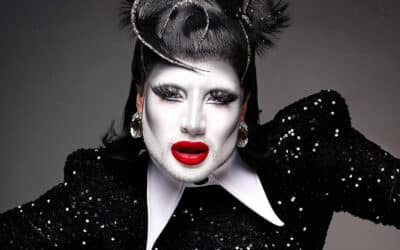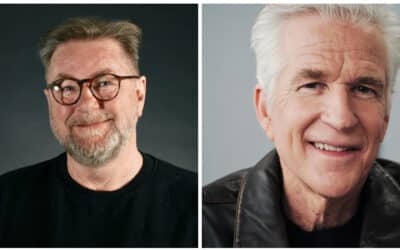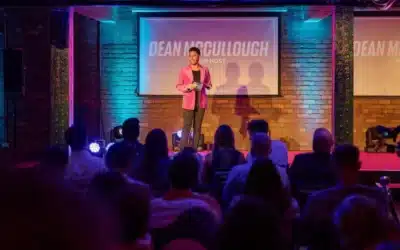Alex Mahon, the Chief Executive of Channel 4 has spoken about what broadcasters need to do to remain connected to a younger audience.
At a speech at the Media and Telecoms 2023 & Beyond Conference this afternoon, Mahon said that a key issue was news:
“To be in contact with this demo, you have to be present where they are. You can’t wait for them to join you.
“Yet being constantly on the move and in touch with each other makes them a natural and voracious audience for news and information – not just absorbing it but socialising and contextualising it.
“The stats back up young people’s healthy appetite for news and information. They like news specific to their generation’s interest, but they also care about the same world issues as us.
“Clearly though they consume it on different platforms – they are twice as likely as older people to find their news through social.”
She added:
“They want news clearly informed by facts neutrally delivered, so they can develop their own point of view rather than be fed stories laced with prejudice, stereotypes, what they see as tired media agendas or clickbait. They hate being told what to think about a particular topic and they find relentlessly negative news a turn off.
“Instead, they want to make up their own minds, seeking out accessible sources which provide context for the world and their own lives.”
The data comes from Channel 4’s research into Gen Z and their relationship with content and the world.
“Underpinning this research, we have been thinking about our role in contributing to a society with a cohesive culture. To ensure that, we need to stay connected to our young – and they to us. And we need to see things from their perspective,” continued Mahon.
“So, the question for us has been: how do you reach young people and bring them relatable topics, trusted information and checkable news?
“For us at Channel 4, the answer is to create programming that informs and educates them about contemporary issues and promotes debate. We particularly focus on issues that are important to, and for, their demographic but that we know are difficult to bring kids to.
“First, we make shows that speak to their concerns and areas that are of disproportionate interest to them, that are about their preoccupations: like mental health, gender, sexuality, body image, climate and ethical consumption.
“Second, we reflect the lives of 16-24-year-olds back at them and without judgement with shows like Ackley Bridge, Big Boys, or the upcoming Queenie. Only by seeing themselves on screen will they see Channel 4 as a platform that understands their lives and speaks to them. It’s what earns us permission to engage them with topics they may not automatically be attracted to but are important for them to know about.
“And, we work hard to be on platforms young people use, with talent they love. With Channel 4.0, our youth-focused YouTube channel, we provide young audiences with a way into our brand by using the biggest stars on social through a wide variety of formats.
“While this is television with public purpose, it’s not ‘eat your peas’ TV. We make shows they want to watch – like It’s a Sin or Consent – because they’re entertaining and frequently fun, whatever other merits they possess.”
Mahon also said that public service broadcasting was now more important than ever:
“Thinking about content that gets to Gen Z also extends to pornography. We cannot ignore the reality that one in 10 of the UK’s young has seen porn by the time they are nine years old and 42% of young people say they believe girls enjoy physically aggressive sex,” she stated.
“Public service media must address this and let young people see portrayals of healthy relationships, consent, and safe sex. Some think that the internet means PSB content isn’t needed in this area anymore – I say it’s quite the opposite.”
On technology and artificial intelligence, Mahon explained that she felt it was the duty of public service broadcasters to discuss the issues:
“[…] this will be the first generation where AI is a prominent, maybe dominant, feature of what they read and see.
“Those algorithms may be innocent or malign, but of one thing we can be pretty sure: they are not written for the benefit of young British people and the challenges they face; they have no allegiance to truth or honesty.
“Some might think this is all a bit ‘outside the remit’ of a television company.
“But the truth is our industry has always – and, I believe, will always – have a power to influence and to help, pointing out where trends and technologies make life better and where they make it worse.
“And if we have that power as public service broadcasters, then we also have a duty to do it.”
The speech also revealed some of the results of Channel 4’s data research:
In the UK 16-34-year-olds watch almost 7 hours of video each day, with close to two-thirds served up by purpose-built algorithms to line up what to watch next.
In the US TikTok’s videos are used much more in the morning; YouTube peaks during the school day; and Netflix is more like traditional television viewing.

